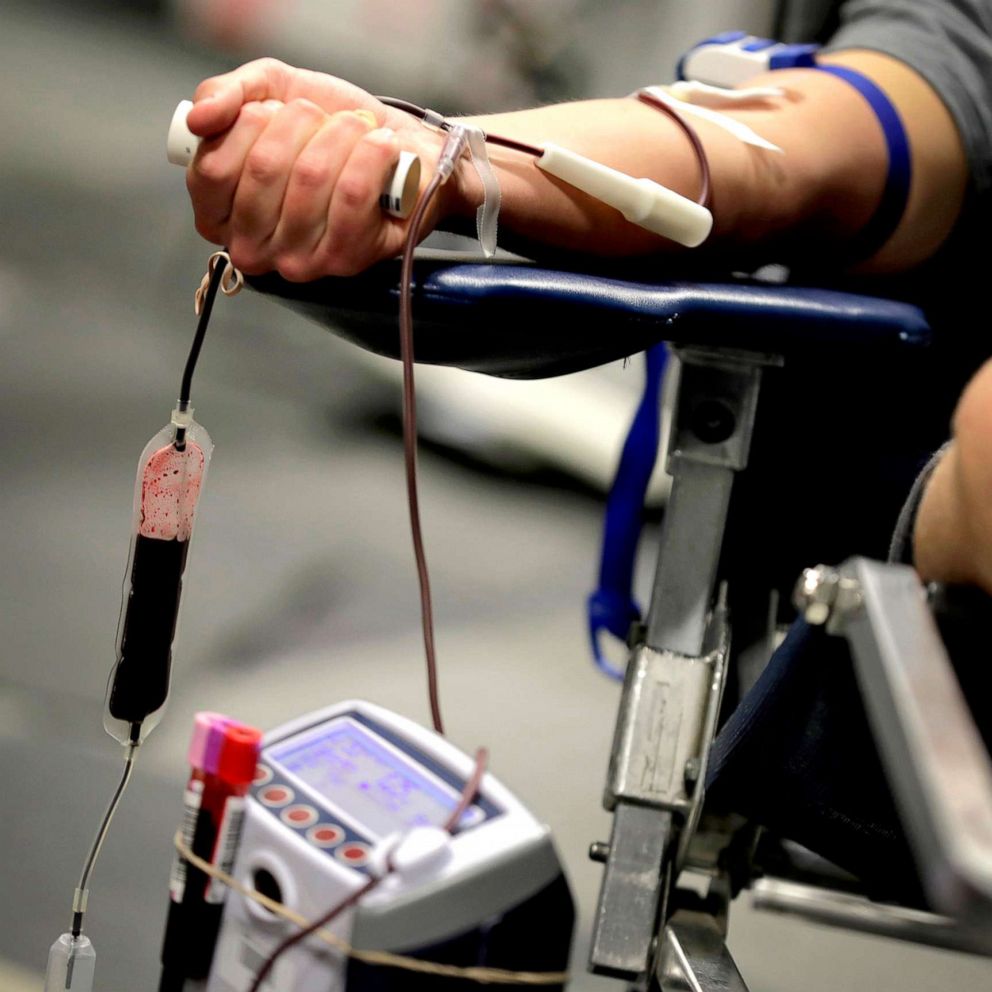FDA launches study that could lead to removal of restrictions on blood donations by gay and bisexual men
The FDA is sharing new details on a study it's funding that could lead to the removal of longtime restrictions around blood donations by gay or bisexual men.
The first-of-its-kind pilot study aims to gather and present data to the FDA for review by late 2021, ABC News has learned exclusively.
A change in this FDA policy would mean that more gay and bisexual men would be able to give blood in the U.S. and end what critics have called discriminatory federal guidelines.
The U.K. announced on Monday it would lift its blanket blood-donation policy for all men who have had sex with men. The mandate, based solely on sexual preference, required all gay and bisexual men to abstain from sex with men for three months before being eligible to give blood.
The new criteria, hailed as "landmark change," according to Health and Social Care Secretary Matt Hancock, will instead focus on individualized risk-based assessments. The revised policy is designed to show that there's no impact on the safety of blood donated in the U.K.
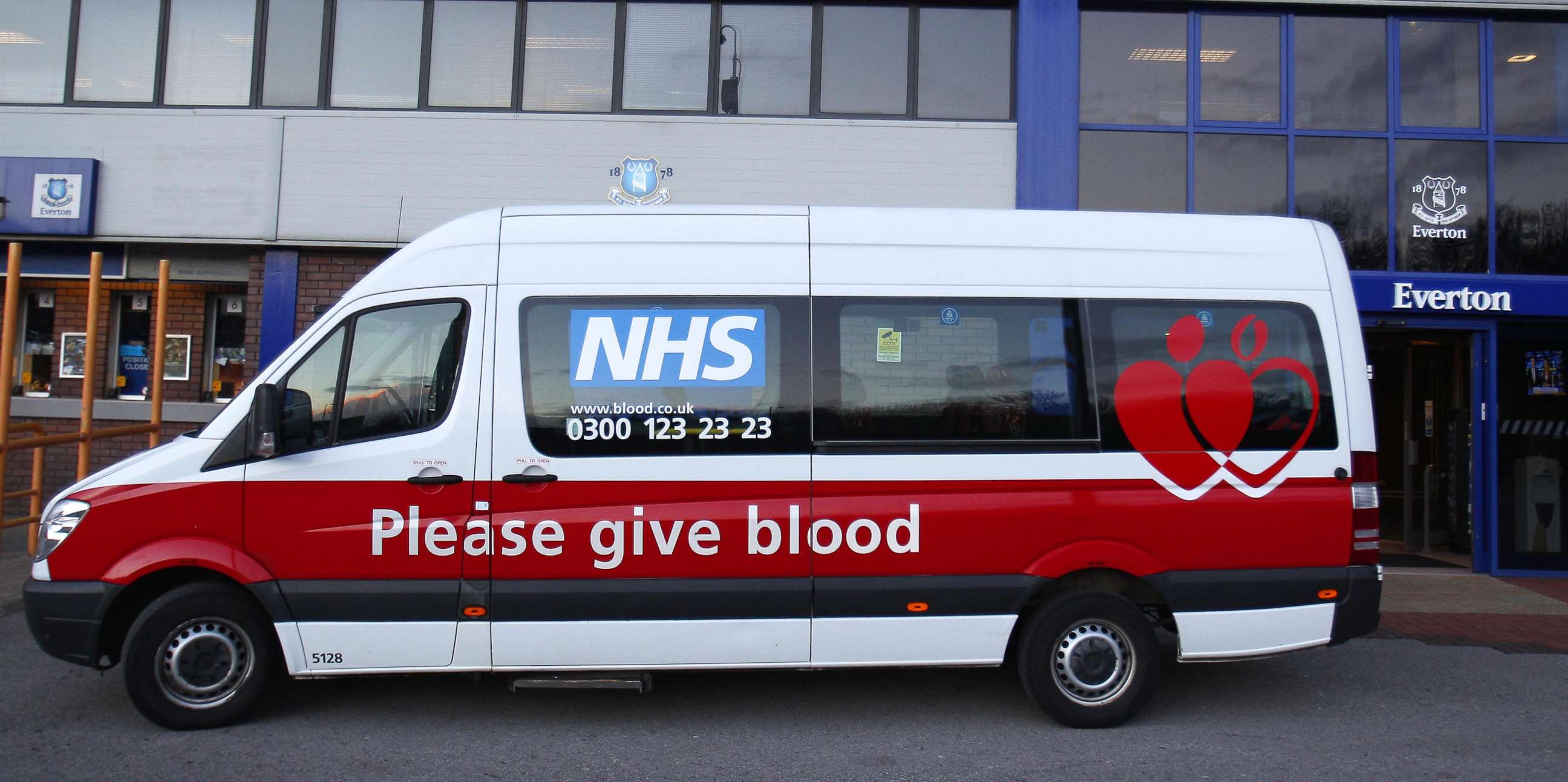
"This is a positive step and recognizes individuals for the actions they take, rather than their sexual preference," Hancock said in statement.
Britain's Minister for Blood Donation Lord Bethell added in that statement: "By closely examining the latest evidence relating to blood donation and sexual behavior, we have been able to bring forward more inclusive policy to allow people to safely donate blood to save lives."
The eased restrictions in the U.K. are based on findings from their FAIR report -- For Assessment of Individualized Risk -- and will be implemented by summer 2021.
Now, the FDA has revealed to ABC News that a study in the U.S. that could lead to the removal of time-based donor restrictions not only is under consideration, it's underway. There isn't "a specific timeline for when these studies may be completed," according to the FDA, but Dr. Brian Custer, one of the lead researchers involved, said the goal is to present findings that lead to a decision by late 2021.
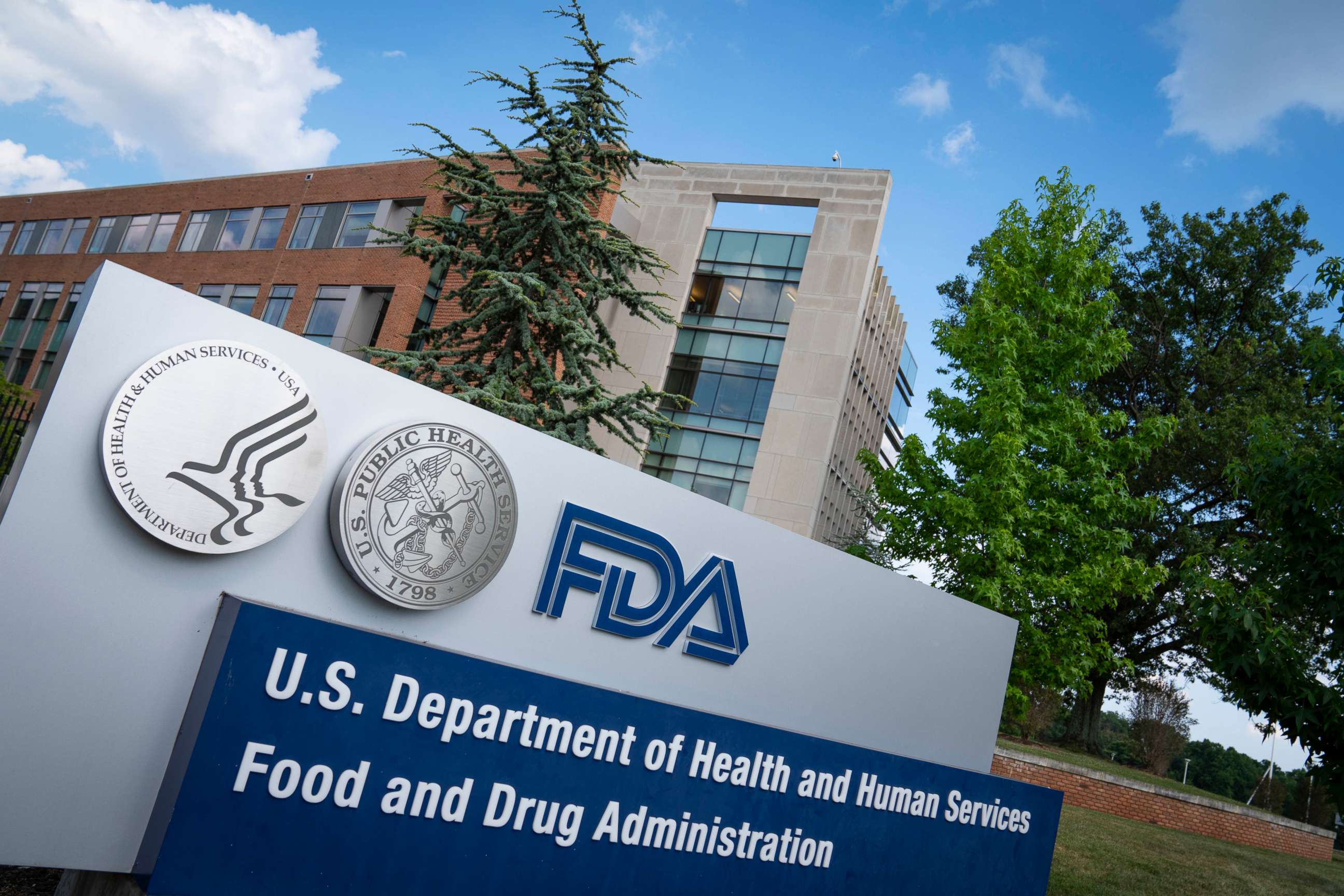
"The FDA remains committed to considering alternatives to time-based deferral by generating the scientific evidence that is intended to support an individual risk assessment-based blood donor questionnaire," an FDA spokesperson told ABC News.
Through a contract funded by the FDA, the pilot study -- ADVANCE: Assessing Donor Variability And New Concepts in Eligibility -- calls for a groundbreaking collaboration between three of the nation's largest blood centers, Vitalant, OneBlood and the American Red Cross, along with LGBTQ+ community centers nationwide. The research is intended to conclude whether donor deferral can be based on individual risk assessments rather than blanket rules.
Current U.S. policy holds that sexually active gay or bisexual men must abstain from sex for at least three months before they're allowed to donate blood, matching Britain's previous policy. The rule applies to gay and bisexual men who are monogamous, test HIV-negative and are practicing safe sex, as well as to gay and bisexual COVID-19 survivors who wish to donate convalescent plasma.
The restriction on blood donations came out of the HIV/AIDS crisis of the 1980s, when limited testing technology existed to screen blood for HIV. The Food and Drug Administration, in 1983, implemented a lifetime ban on blood donations from all men who had sex with men after 1977.
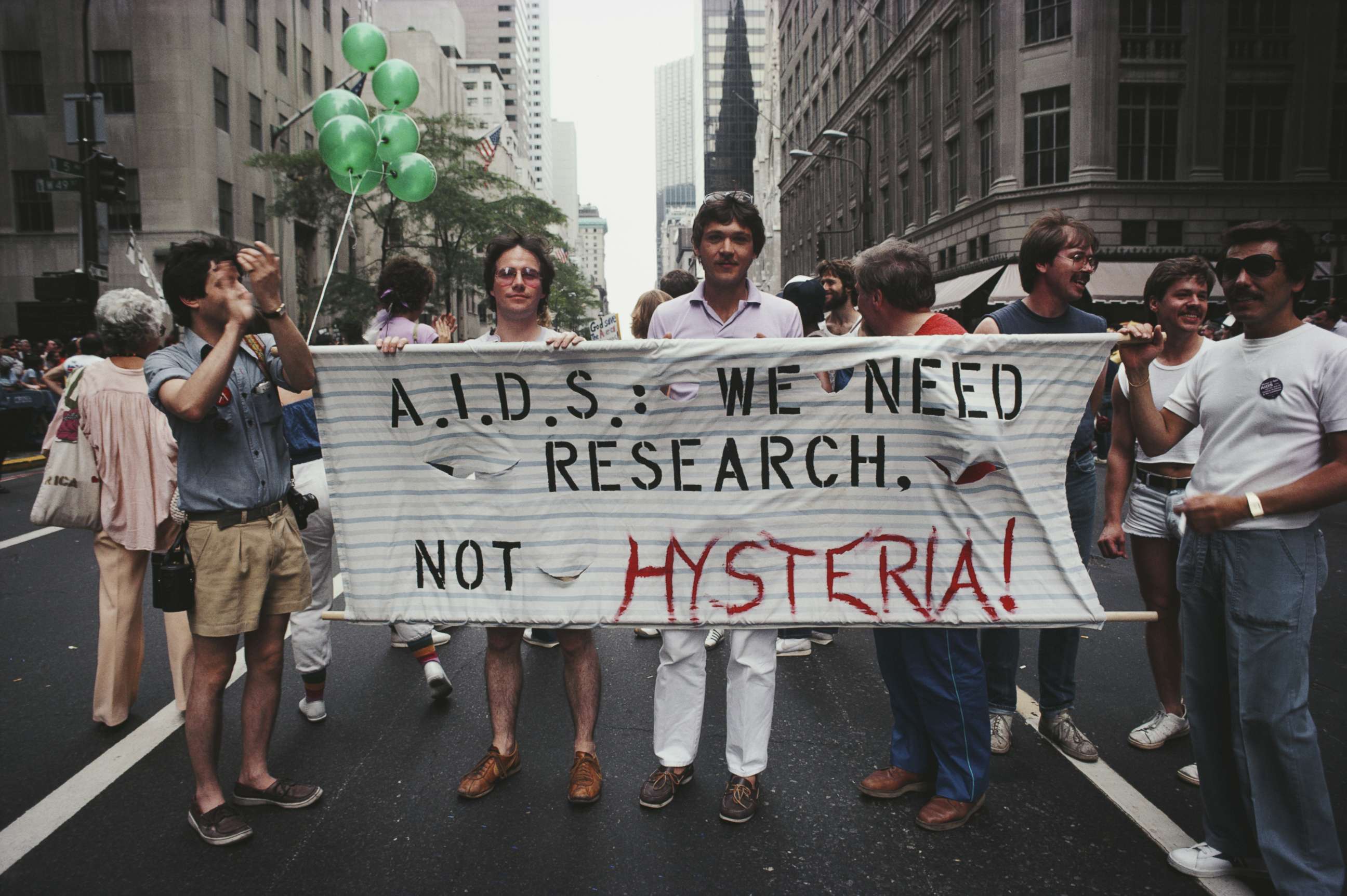
That existed until 2015, when the FDA removed the lifetime ban and enacted a 12-month deferral period, meaning gay or bisexual men had to abstain from having sex with other men for at least 12 months before donating blood.
Amid the COVID-19 crisis and calls from the surgeon general for healthy Americans to give blood and avert shortages, the FDA in April revised down the 12-month period to three months.
The ADVANCE study will include about 2,000 men who've had sex with men and wish to donate blood and "could generate data that will help the FDA determine if a donor questionnaire based on individual risk assessment would be as effective as time-based deferrals in reducing the risk of HIV," the FDA said. The participating LGBTQ+ community health centers will be delivering data on men aged 18 to 30 who have had sex with another man at least once in the previous three months.
Custer, vice president of research and scientific programs at Vitalant and principal investigator for the overall study, is directly responsible for overseeing research at three of the eight planned study locations. The questionnaire, he said, is key in assessing risk.
"The donor history questionnaire consists of a series of questions that all potential blood donors answer before donating," Custer told ABC News. "The questions we are evaluating in the ADVANCE Study are not identical to those the UK NHSBT has developed, but they are similar."
Dr. Susan Stramer, vice president of scientific affairs at the Red Cross, added: "If the scientific evidence supports the use of additional questions, it could mean that gay and bisexual men who present to donate would be assessed based on their own individualized risk of HIV infection and not according to when their last encounter with another man occurred."
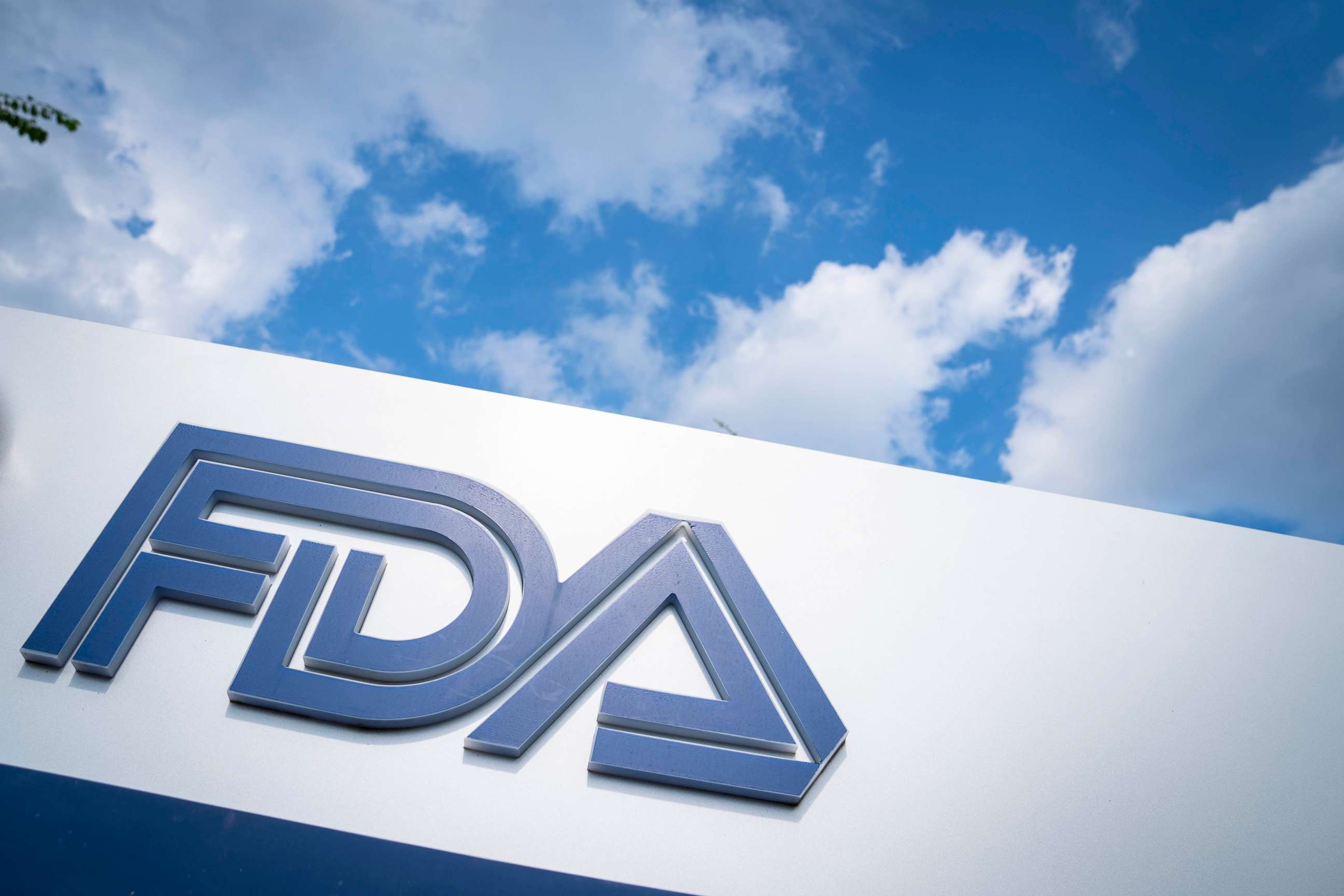
The U.S. lags behind other nations, not just the U.K., when it comes to this issue. According to the U.S. National Library of Medicine National Institutes of Health, "Italy moved from a permanent deferral for 'men who have sex with men' to an individual risk assessment of sexual behaviors," in 2001.
Earlier this year, Dr. Patrice Harris, president of the American Medical Association, told "Good Morning America": "The AMA has been a long-term advocate of using a risk-based approach, rather than stigmatizing one group of people. So we believe there should not even be the three-month deferral, but that we should use a risk-based approach."
America's Blood Centers, which claim to provide 60% of the nation's blood supply, told ABC News in a statement that the group "supports the deferral criteria change and continues to encourage ongoing work to establish donor-screening based on individual behaviors, not sexual or gender identity."
"The use of rational, science-based deferral periods must be applied fairly and consistently among blood donors," added a spokesperson for America's Blood Centers.
Mathew Lasky, director of communications for GLAAD, the leading LGBTQ+ advocacy group in the U.S., added in a statement: "As the FDA continues to reconsider its blood donation policies here in the United States, the decision in the United Kingdom offers further proof that U.S. blood donation policies for gay and bisexual men, and other LGBTQ people, are outdated, out of line with science, and must change to be based on individual assessments rather than discriminatory blanket bans."



